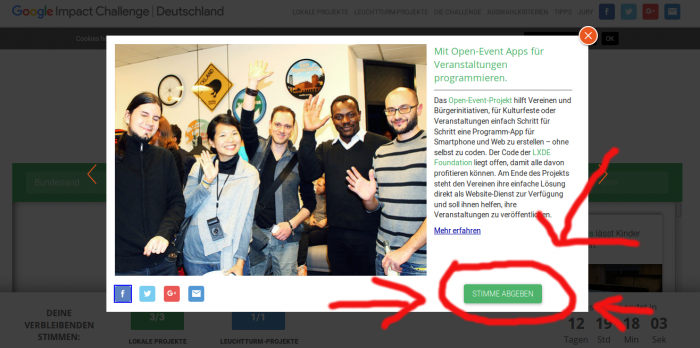Open Event: Planning the Scheduler UI
{ Repost from my personal blog @ https://blog.codezero.xyz/planning-the-scheduler-ui/ }
In the first phase of the GSoC coding period, Saptak Sengupta and myself have been working on the Scheduler UI.
The Scheduler UI would allow the organizers to graphically schedule/manage the sessions in their conference/event.
Event-Organizer by Josh Greco has been a major inspiration for the timeline design. The css styles have been borrowed from that project.
After some research, we have decided to use the interact.js javascript library for implementing drag-drop and resizing functionality to the project and lodash for array/collection manipulations and for some useful utility functions.
The following tasks have been formulated:
- Drag-and-drop interface to add session blocks into a timeline ✓
- Resize sessions to change time ✓
- load live data from the server using the API ✓
- Handle session clashes within a track properly ✓
- Add Track button that opens up a modal to add a track. ✓
- Search option for unscheduled sessions ✓
- Save each session change/update using the API
- Option to Export timeline as pdf
- Option to export timeline/calendar as iCal
An umbrella issue (#349) has been created in the open-event-orga-serverrespository to track the progress. There will be a separate issue created for each task when that task is being worked upon and the same would be referred to in the umbrella issue.
We are targeting GSOC 2016: Milestone 4 (Due by June 12, 2016) to finish the Scheduler UI and we are confident that we’ll be able to reach our target. *fingers-crossed* 
To know more about the Scheduler UI, read Enhancing the Open Event Server: Scheduler UI.

 I couldn’t believe that we’ve solved such many issues in Milestone 2. The 79 is 34% of all issues, isn’t it amazing? I think that defining what kind of project do we want to develop and what features should it have allows us to move quickly and cooperate with the whole team very effectively.
I couldn’t believe that we’ve solved such many issues in Milestone 2. The 79 is 34% of all issues, isn’t it amazing? I think that defining what kind of project do we want to develop and what features should it have allows us to move quickly and cooperate with the whole team very effectively.

You must be logged in to post a comment.